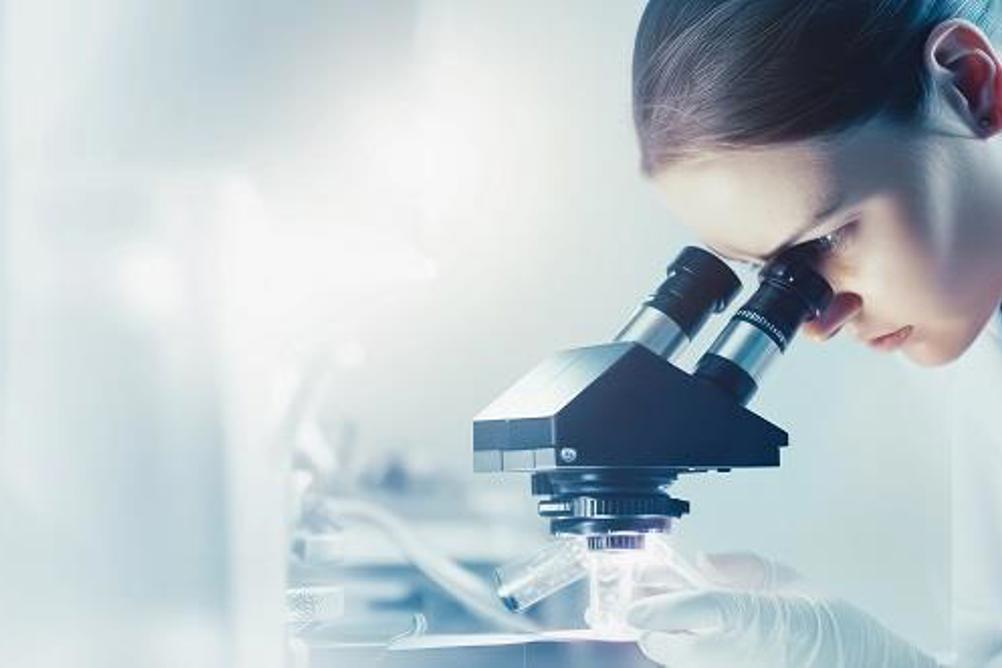
Antibodies are proteins produced by the immune system as a natural response to infectious organisms like viruses and bacteria. Their job is to recognise those microbes so that the immune system can attack them and clear them from the body.
In the new paper, published by iScience, antibodies extracted from 800-year-old medieval human teeth were found to be stable and still able to recognise viral proteins.
The study, led by Professor Robert Layfield and research technician Barry Shaw from the School of Life Sciences, University of Nottingham, in collaboration with Professor Anisur Rahman and Dr Thomas McDonnell from the Department of Medicine at University College London, expands the study of ancient proteins, referred to as palaeoproteomics, potentially allowing experts to analyse how human antibody responses developed through history.
Register now to continue reading
Thank you for visiting Dental Nursing and reading some of our resources. To read more, please register today. You’ll enjoy the following great benefits:
What's included
-
Up to 2 free articles per month
-
New content available
Already have an account? Sign in here
